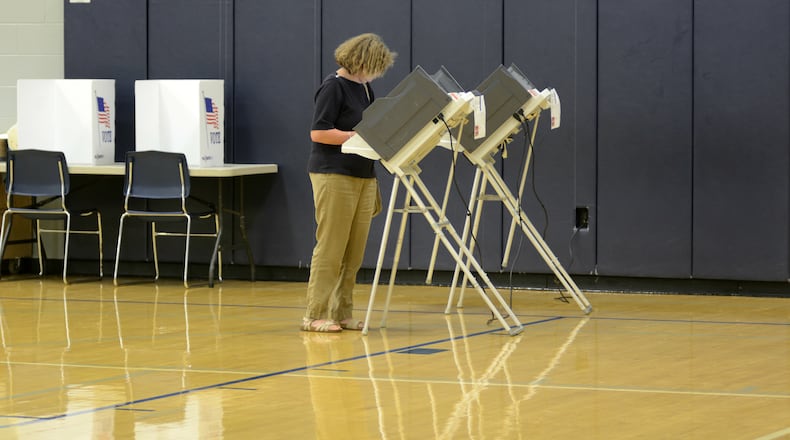RELATED: Butler County election spurs cost-saving legislation
Both bills were introduced in the 131st General Assembly but the bills’ sponsors say there just wasn’t enough time. This year, the Senate bill is once again sponsored by Sen. Frank LaRose, R-Hudson. The House bill is again sponsored by Rep. Dorothy Pelanda, R-Marysville, and Rep. Wes Retherford, R-Hamilton, is the bill’s joint-sponsor. Each bill has 19 co-sponsors.
Senate Bill 10 has been referred to the Government Oversight and Reform committee, which is chaired by Sen. Bill Coley, R-Liberty Twp. House Bill 18 has yet to be referred to a House Committee, but Retherford expects it to be assigned to a committee, most likely the Government Accountability and Oversight committee.
MORE: Get the latest political news
The issue of a one-candidate congressional primary arose when 2016 Democratic congressional candidate Corey Foister decided to withdraw in late July 2016 from the 8th Congressional District race to be decided in the general election. That decision set in motion state protocols, and included Ohio Secretary of State Jon Husted calling for a special election to replace Foister on the general election ballot.
Husted told this news outlet he tried to avoid holding a special election after only one candidate filed and was certified, but state law dictated he was required to hold a special primary election since Foister withdrew outside of 90 days before the general election.
If he would have resigned 18 days later, the state would not have spent a dime on a special election and the Democrats could have appointed a replacement.
Download the free Journal-News app, Butler County’s #1 source for local news
About the Author

